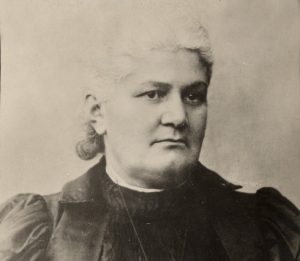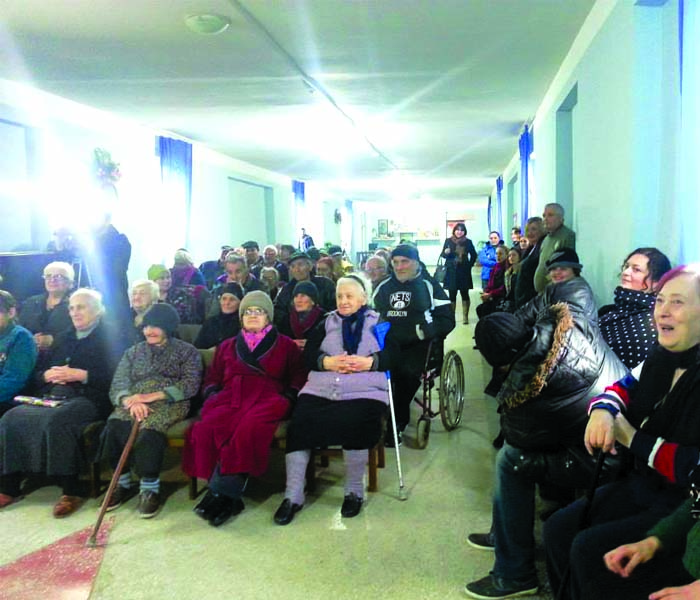In 1872 she opened the country’s first school for women, which taught needlecraft and sewing. In a pioneering example of women’s economic empowerment, her ‘Vocational School’ began taking outside orders and soon became self-financing.
Born into an aristocratic family, she chided her fellow upper-class women in a 1898 newspaper article for spending ‘[…] all their time, all their wits and their entire capabilities on coquetry, entertainment, playing cards, and [an] empty, vain and unproductive life’.*

The vibrant new Soroptimist Club in Kutaisi, Georgia’s second-largest city, is clearly following Ekaterine Gabashvili’s example: Barely two years after its chartering, the club’s 30 members are supporting an orphanage and a retirement home – and helping to build Georgian civil society in the process.

